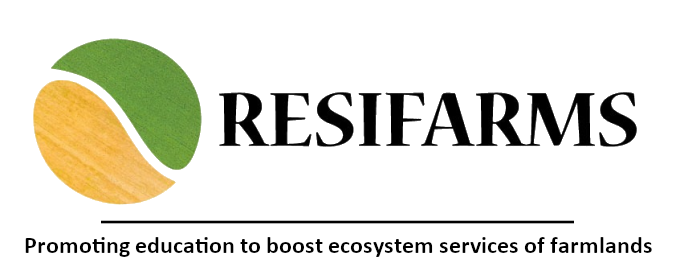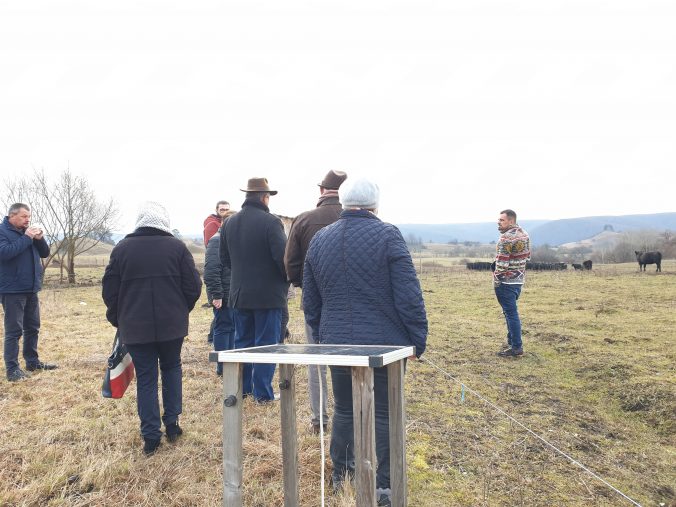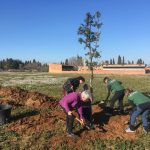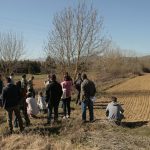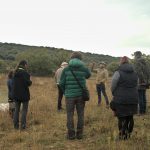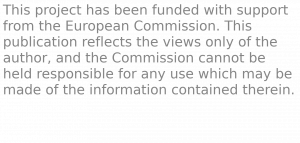December 2020
After finishing the first internal version of the toolkit on management of semi-natural habitats to promote biodiversity and enhance farm resilience and productivity, we needed to test its usefulness and gather feedback from our land stewardship farmers and some close agricultural technicians. This was meant to improve the internal version of the toolkit, in order to make a second version, which will be made available on the project’s website. This version will be free and open to everyone and trainings will be conducted again, in order to gather more feedback and make a final and definitive version by the end of 2021.
During November and December 2020, pilot training events for farmers and agricultural technicians were conducted in several countries. These training events were centred on the role of biodiversity and semi-natural habitats on farm productivity and resilience, and on recommendations to create and manage these habitats. They were based on Resifarms toolkit content and, whenever possible, they included a practical part in the field to discuss on real management examples.
In France, the actions envisaged had to be adapted due to the situation related to COVID-19 pandemic. Thus, the different chapters of the guide were sent to different partners for proofreading: around ten contributions were obtained from farmers, agricultural technicians and naturalists, as well as teachers. At the same time, we took advantage of a field workshop for pastoral breeders in November in Pic Saint-Loup territory (six participants) to address the issue of the management of isolated trees and tree-covered spaces to provide a sustainable pastoral resource while integrating conservation issues. Discussions made it possible to transmit information from Resifarms toolkit and collect feedback from participants.
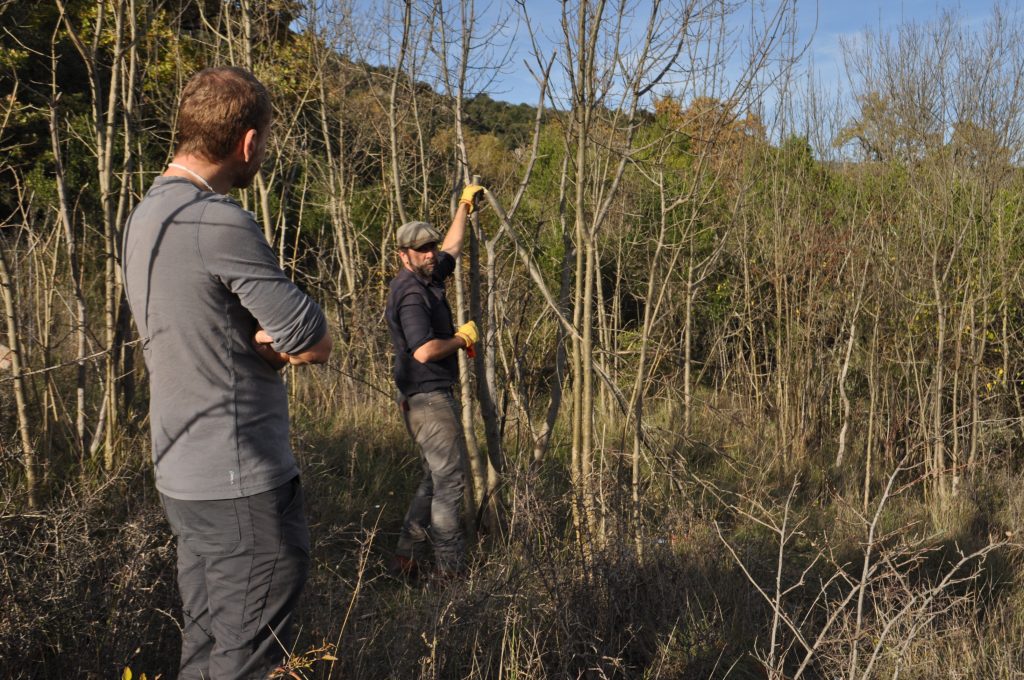
In Spain, a training consisting in two morning sessions was conducted online in November and December. It had eight attendees: four organic farmers, one conservation technician and three agricultural technicians. Participants previously selected the tools they were most interested in, in order to further deepen into the topics they preferred, which were: Positive and negative effects of agriculture in the environment, Biodiversity the core of agriculture, Field margins, Ponds and ditches, Tree-covered spaces, Hedgerows and Open spaces. Participants appreciated the approach and enjoyed the online training, but considered there was not enough time to deal with all the topics and missed the most practical, face-to-face part.

In Romania, a two-day face-to-face training was made in December, in the Angofa Wildlife Centre, a former school that became a training facility and tourist information and activities centre. The meeting was attended by 15 people, mainly farmers, but also a Local Action Group representative, a newly established cooperative representative, a WWF communication specialist, and the manager of the local ecotourism destination. During the first day, most of the toolkit content was explained, with an emphasis on the role that farmers play in the protection of biodiversity. The next day was devoted to the on-site visit to a cattle farm, where a model on how grazing can restore open habitats and how water is valorised was shown, but also the future restoration of a hedge in a less favourable conservation status was discussed in-situ.
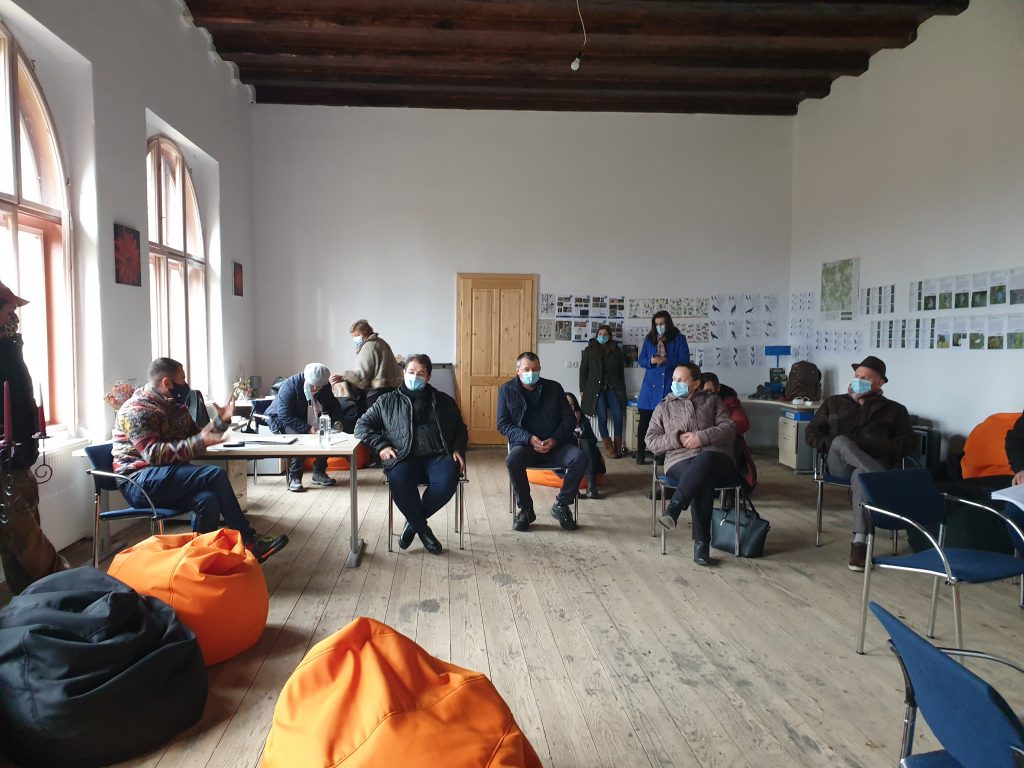
In Italy, a face-to-face training of one full day was conducted on a farm in the municipality of Montespertoli, in December. It had eight participants: two farmers, two agronomists (one also a farmer, the other also a town councilor in Montespertoli), a geologist (also a farmer), a forestry consultant, a real estate surveyor, and a conservation technician, which jointly examined most of the toolkit parts, with a special attention to Ponds and ditches tool. After that, participants did a visit to some parts of the farm, including a water reservoir and some orchards, to discuss semi-natural habitats management in the field. The mayor of Montespertoli was reported as interested to a preliminary joint examination of best practices relevant for promoting sustainable agriculture.
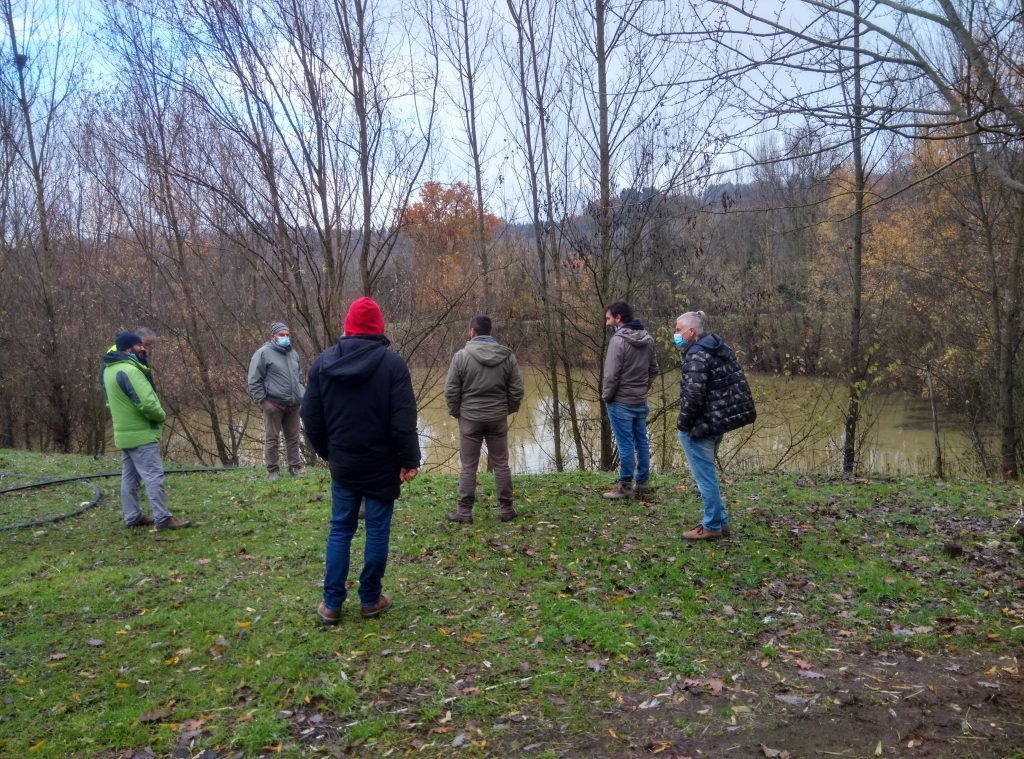
In the Czech Republic, no training event has been conducted yet.
Training events with a theoretical and practical part at each project partner’s country were planned for last autumn, but due to the situation related to COVID-19 pandemic, we adapted the training events to each country recommendations, or postponed them if necessary.
